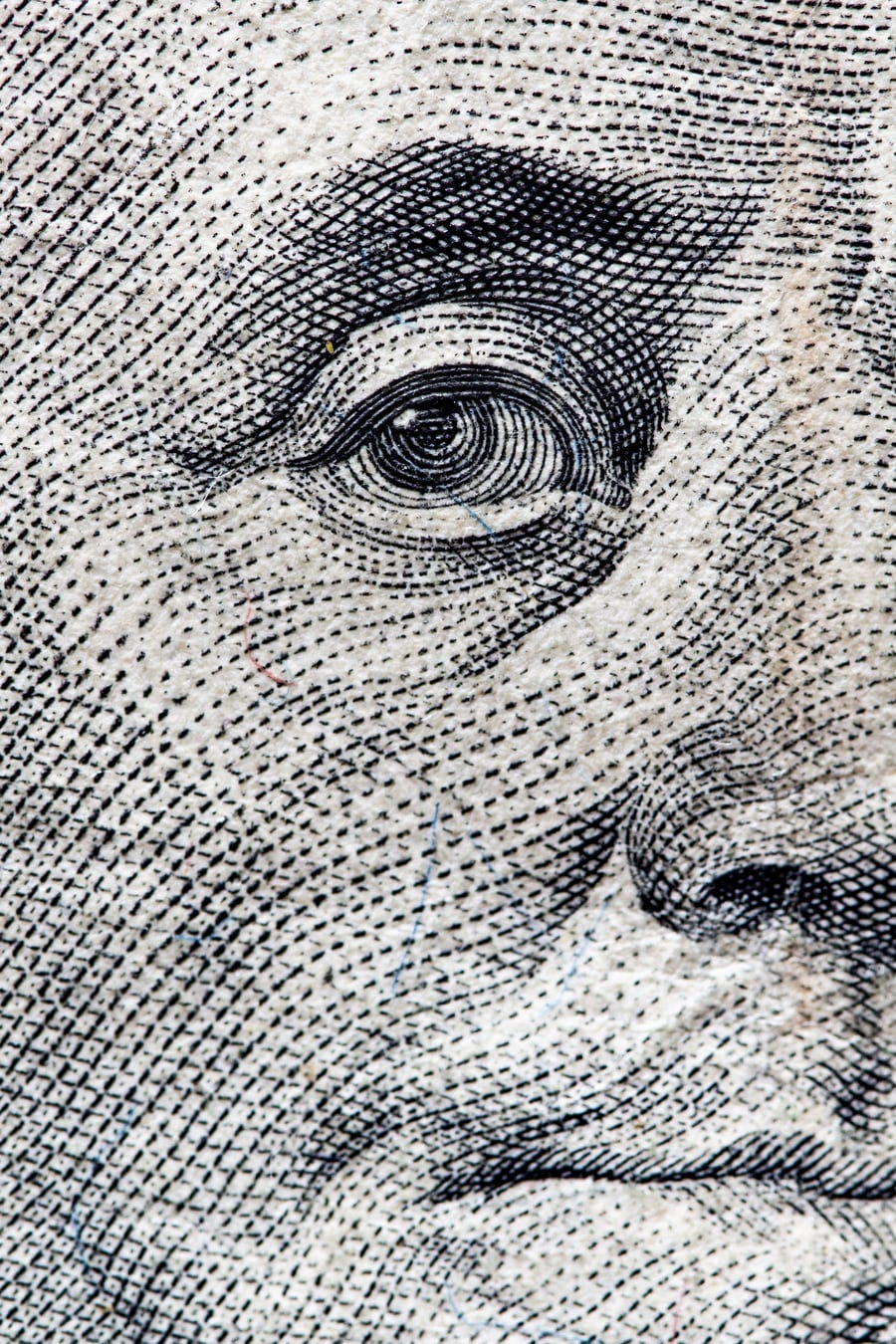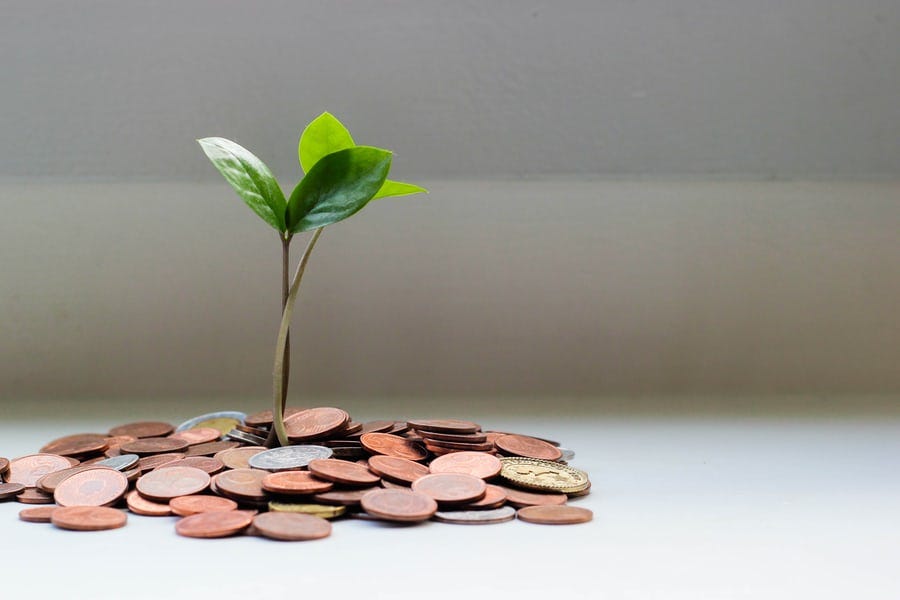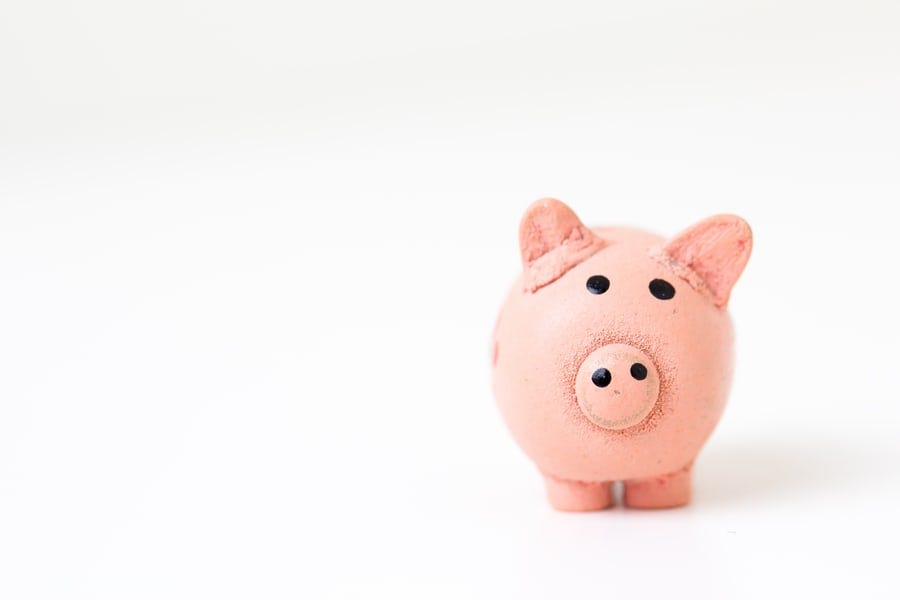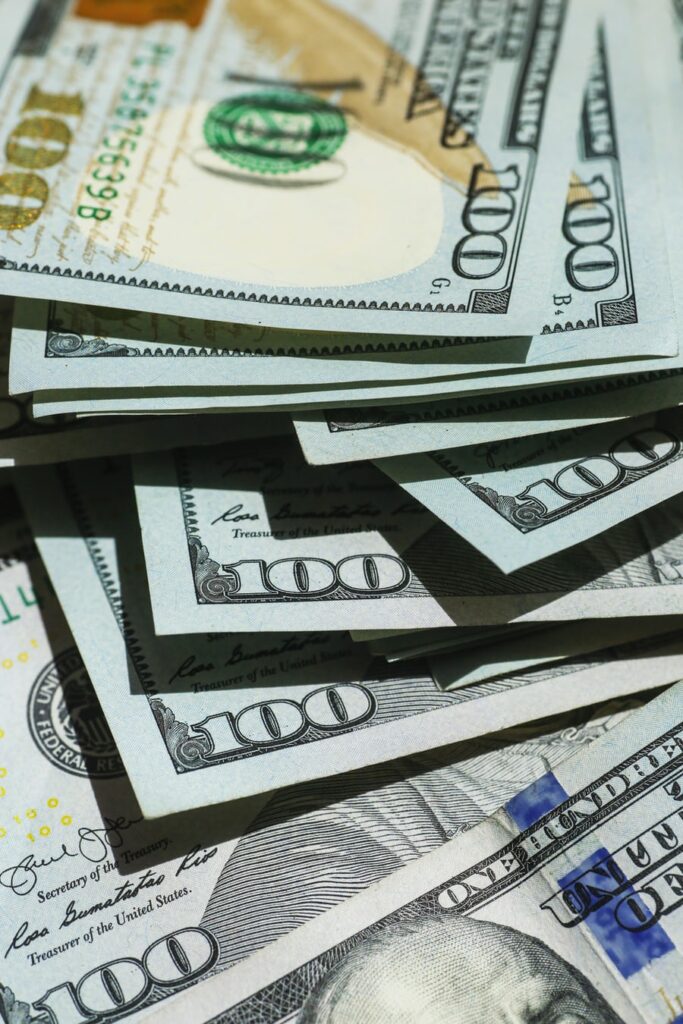Any economic imbalance from a slight correction to wounded depression stretches the divide between the wealthy and the poor.
During this deadly pandemic, as the top 10% have amassed $12 trillion with the majority of their wealth tied up in the markets and their businesses while the bottom 50% have only gained $2 trillion made up of those who are mostly not invested with not enough emergency funds nor passive income streams to keep them afloat for the next downturn, wealth inequality has gotten worse over the years in developed nations.
Thankfully, although unemployment is high, job openings aren’t. You can read here why high unemployment isn’t all so bad considering whoever wants a job can almost get one as the U.S. is in a frenzy hiring spree having trouble finding workers at this time.
If you were lucky to not get ravaged by the pandemic, furloughed, evicted or laid off and instead abruptly transition to WFH, possibly get a new beach house and earn extra cash flow bored in the house wearing sweats playing Robinhood all day, I’ve laid out some ideas on how to use, spend and invest your extra dough and it doesn’t include catapulting into space with the billionaires.
With the national savings rate at 32% and the lowest levels of debt relative to net worth, this is a big step forward for Americans as they’ve hopefully learned the lesson the hard way to plan for the worst hope for the best. The good thing about earning more is that it’s easier to save and reinvest since necessities such as food to shelter don’t take up a majority of one’s income compared to those who earn less and deal with the burden of regressive tax (standard tax on goods no matter what you earn).
If your income exceeds your savings by 7–10 fold, you spend up to 3x your gross income on your house, modestly spend on vacations and luxury items and own a cash flow producing business, you most likely have a decent cash cushion and a boat load of discretionary income to spend or strategically invest some more if you please.
After all, life is worth living and what’s the point of working 100 hour weeks if you can’t enjoy the fruits of your labor?
The biggest dilemma and burden for the rich isn’t debt or theft it is old broken tax laws through the progressive system. The more you earn, the more you pay unless you take advantage of never selling your investments or the most tax advantageous opportunistic investment: real estate where you can deduct your operating expenses labeled as depreciation to maintain the property and charge more expenses and costs to earn a higher yield overtime. There’s no free lunch in this world. This all requires work but is almost always worth it as real estate is the second largest asset holding by millionaires and up.
Surprisingly there are legal ways you and me can profit off of paying less taxes for Uncle Sam and follow billionaires’ footsteps. If you can, don’t beat them just join them! Not all of them are going to prison. You can read about tax advantageous strategies here.

Real Life
In the current state of the economy, spending is frivolous and demand for travel to eating out has already surpassed pre-pandemic levels.
There’s no shortage of normal living adventures and pent-up anticipation but what about the shortage of ideas on what to do with your extra money? That is an important decision to make.
After all, if you are prudent and truly grateful for every dollar you earn, the more you do earn, the less likely you want to spend it. Personally it hurts to spend on anything that doesn’t put more money in my pocket and I’m programmed to now wait 24 hours before buying anything discretionary.
First off if you sympathize, good for you for admitting it since our spending strategy and mindset would put millions out of debt, bankruptcy, into stable jobs and hoard less materialistic items.
#1 Treat Yo Self
Everyone has limits and values different things. A quick way to blow it is on experiences, something we all craved during the pandemic and are willing to pay double for. Rationally, I believe spending one or two vacations per year (outside of state or country) offers a great ROI and decent place to throw your money into. There’s nothing wrong with relaxing especially since Americans are horrible at it and need that investment for the soul. But seriously, vacations are worth it and vital but even after a few, we need to get back to working towards a goal to stay grounded.
So what to do with your extra pandemic savings, bonuses, investments, cash, birthday money, side-hustle cash?
Of course it’s up to you. If you want to spend it all on Gucci go ahead. That won’t take long but down the road, meaning a few months later, that attraction to your clothes will fade and you will be riding the hedonic treadmill constantly chasing the next new trend realizing you will never have everything in this world and eventually become depressed with nothing. It’s very hard to image until it hits you.

#2 Take Stock of Time
Something to note is that we shouldn’t take this precious time for granted. Surprisingly 2020 was the best time to start a business and kick butt. If you didn’t accomplish anything, that’s okay but I’m sure you did so capitalize on it and take advantage of the time you have left before school starts back up and WFH fades! It’s okay to let that money sit in low-risk investments such as CDs, money-market funds, treasury bills/notes/bonds if you aren’t sure about the upcoming future.
I know several NYU college students who opened up a Purell, mask and glove Shopify and Etsy boutique in March of 2020, shipped the products from China before the warehouses and Amazons of the e-commerce world did and charged double for them in the U.S. when there was a shortage of PPE for a couple months and demand was sporadic. From March to August of last year with low operating costs and connections to Asia where masks were commonly worn in public spaces pre-pandemic, these bored but adaptive and agile college students made enough to be able to afford a down-payment for a 3 bedroom in New York costing them $300k! Plus since it’s considered a business, whether or not you earn money, they paid little to no tax and invested in prime real estate when New York prices were at their lowest last year.
Clearly, timing, preparation and opportunity play the biggest factors but if you are aware of the market, where the economy is headed and what people want, you can set your mind to anything.
So what are you waiting for?
You don’t need to invest to then build something.
How about build your dream now to then invest it all later?
There’s never a right time to do anything, especially when starting a business so just get started with it, adapt and be on your toes.
You’ll never get the quarantine time back so make sure you spend that 2020 extra money and time (money = time) wisely.
#3 Classic And Always In-Demand
The go-to answer is to stash it all into passive index funds or ETFs to do the least amount of work. The counter to that would be too high frothy prices at the moment that don’t justify the valuations of your favorite companies but remember, prices are only going up from here so if you want a better deal, you technically should buy now and never sell to avoid capital gains, active trading headaches and time wasted monitoring the market.
Buy into low cost ETFs or index funds that track underlying indexes. If you want to spend your money elsewhere go ahead but for me it’s a great feeling to know the market is working for me even on down days such as on July 19th, the day the market had it’s steepest sell-off since March 2020, since I’m in it for the long-term.
Yes, higher returns aren’t guaranteed, but overtime the markets do go up because prices get higher, people get wealthier and invest more. It’s the life cycle of the economy.

#4 Safety
Next, after you’ve splurged a bit, possibly invested and built something for yourself, I would focus on insurance. Sadly, this is something not considered by most Americans until it’s too late when they are incapable of making their own life/death decisions, cannot function, are possibly widowed, haven’t straightened out their will/trust/asset inheritance and are swimming in medical debt, the most common way Americans get and stay into debt. If you have dependents such as kids to a stay-at-home spouse, prioritizing life insurance is key in-case anything happens to you and they are left stranded needing to pay for costly funeral expenses, probate, deal with your assets and possibly health issues.
Insurance is constantly debated upon since there’s no reward and as humans, if we spend on something, we want something back ASAP. Insurance is a contract between your insurance policy and the insurer which certifies if anything happens to your car to home, health to family, they will cover the costs instead of you reaching out of pocket which typically leads to debt since Americans don’t prioritize an emergency savings account either! What’s certain is uncertainly and unless you’re living under a rock, something will come up. We just can’t plan for it.
I would suggest having an umbrella policy which covers any debilitating life circumstances along with car, medical and home liabilities. There is a monthly, yearly rate and or fixed rate you pay, dependent on which one you choose but compared to the out of pocket costs, these payments are close to a Netflix subscription and pay you back with interest once you pass. Insurance companies are making a bet that you will die later so they earn more from you and you outlive your plan. It’s like gambling. If you outlive the policy, you get back exactly what you paid in, with no interest. The money back is not taxable, as it’s simply a return of payments you made.
As we’ve learned during the pandemic, planning for the worst, hoping for the best is your number one mindset to possess. You have more control than you think and it starts with being realistically optimistic about the future. Things are inevitable and will happen so be prepared than sorry.
More than half of Americans will need health assistance in their later years, but by then it’s too late to buy coverage.
The best time to buy long-term care insurance is when you’re middle-aged and still healthy to get the best rates. Insurance companies can do a medical exam to see how much of a discount you qualify for. For health insurance, f you have no underlying family health conditions, don’t smoke, are young and fit, have a decent BMI, etc. you qualify for a lower rate than a reckless addict. For car insurance, it’s the same deal. The less you drive and better history you have as a driver, the less you pay. Insurance companies are making a bet and want to earn more than you. They charge a.k.a earn back more if they believe you will die earlier. Scary yet reality. It’s all business after all.
How much you pay will ultimately depend on where you live, your age, your health, and how much coverage you select. You’ll pay premiums until you make a claim, at which point the insurance carrier will step in and foot the bill.
One would probably not think to buy long-term care insurance the moment they win the lottery or earn a bonus yet it haunts them later in life when all that money they earned will be down the drain without insurance. If you want to protect yourself, your loved ones and have a peace of mind, start building wealth and investing in the right things that pay dividends for a lifetime.
Enjoying life comes down to priorities and understanding what is best for you to live the life you deserve. Hard work does pay off in the long-run and most things that aren’t considered fun or exciting, can make your life better than most if you are strategic and careful today. If you carry the excuse you don’t have time, you are at your own fault.
Everyone has time to do what’s important.

